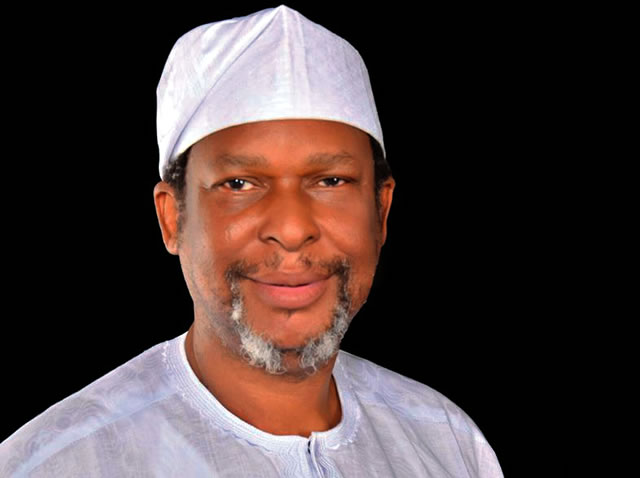Senator Ajayi Boroffice has rolled out a blueprint to address Nigeria’s electricity crisis.
The Professor of Zoology made the disclosure in Abuja on Saturday during his official declaration to contest the 2023 presidency under the platform of the All Progressives Congress (APC).
The deputy majority leader said he will address the deficiency in the power sector through the effective utilization of abundant gas reserves.
The presidential hopeful said he will build on the achievements of the Petroleum Industry Act to expand investment in the natural gas industry to double Nigeria’s gas processing capacity and significantly expand the country’s pipeline transportation capacity.
“The issues that plague the power industry include financing, gas supply, generation capacity, transmission capacity and metering, and distribution capacity. These issues need to be tackled holistically” he said.
“The near future of Nigeria’s power generation capacity will depend on our Country’s abundant supply of natural gas. Nigeria has 187 trillion cubic feet of gas reserves which is the 9th largest in the world and about 3% of the world’s total gas reserves.
“At our current consumption levels, it will take us 306 years to exhaust. We need to harness this resource to begin to fix Nigeria’s power deficit.”
The Ondo-North Lawmaker said he will check the rising expense of electricity tariffs for the poor and vulnerable in the country by directing relevant agencies to implement a tiered pricing system in which the lowest tier, those who consume very little electricity, pay a subsidized rate for electricity. According to him, the initiative will ensure that “we conserve our consumption of electricity and that the Federal government does not incur additional costs with regard to subsidies.”
Senator Boroffice said his administration will implement policies that will promote the manufacturing of electricity meters in the country and allow distribution companies to invest in and build transmission lines and substations that traverse their zones.
“If we get power right, Gross Domestic Product (GDP) will be right, Exchange Rate will be right, the employment rate will be right and inflation level will be right,” he said.
Nigeria has one of the lowest electricity generation capacities in Africa, generating less than 4000 megawatts which are grossly insufficient for a country of over 200 million people.
